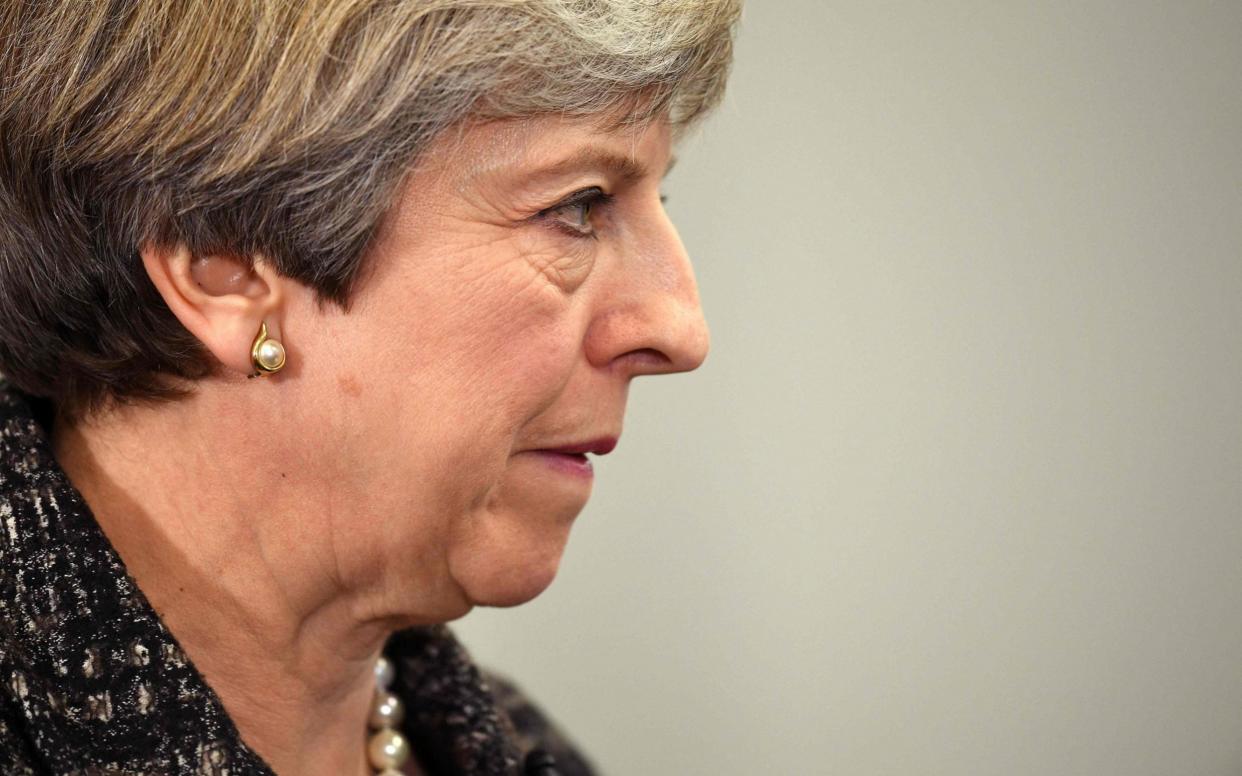Dependency on the state is finally falling – Theresa May should commit to continuing this trend

One of the more remarkable social changes of recent years has been the rise of the “dependency culture”, where more and more households are drawn into the ambit of the welfare state.
Even as national wealth has grown substantially, the number in receipt of some sort of benefit, either in cash or in kind, has risen markedly since Labour took office in 1997 to the point where more are taking from the system than they contribute in tax.

The percentage that could be defined as “net dependant” on state provision of some sort rose from 44 per cent 20 years ago to 53.5 per cent by 2010. However, this percentage has been falling since then and figures from the Office for National Statistics on Tuesday showed that the trend continues. By the end of the last financial year 50.5 per cent of all households (13.7 million) received more in benefits than they paid in taxes.
Some demographic changes make this hard to bring down, not least the growing elderly population drawing state pensions, since 88 per cent of these households are net beneficiaries. Yet, even 37 per cent of non-retired households still claim more in benefits than they pay in taxes.
There is a direct correlation between dependency and the size of the state
The latest fall is welcome and has been largely brought about by the recovery in employment after the economic crash. But it is still too high – a consequence of the massive expansion of the state under Labour.
There is a direct correlation between dependency and the size of the state. Theresa May has spoken of her belief in an “active state”; but in their manifesto, the Tories should pledge to trim it back if they win on June 8 – and resist the temptation to announce yet more social payments.

 Yahoo News
Yahoo News 
